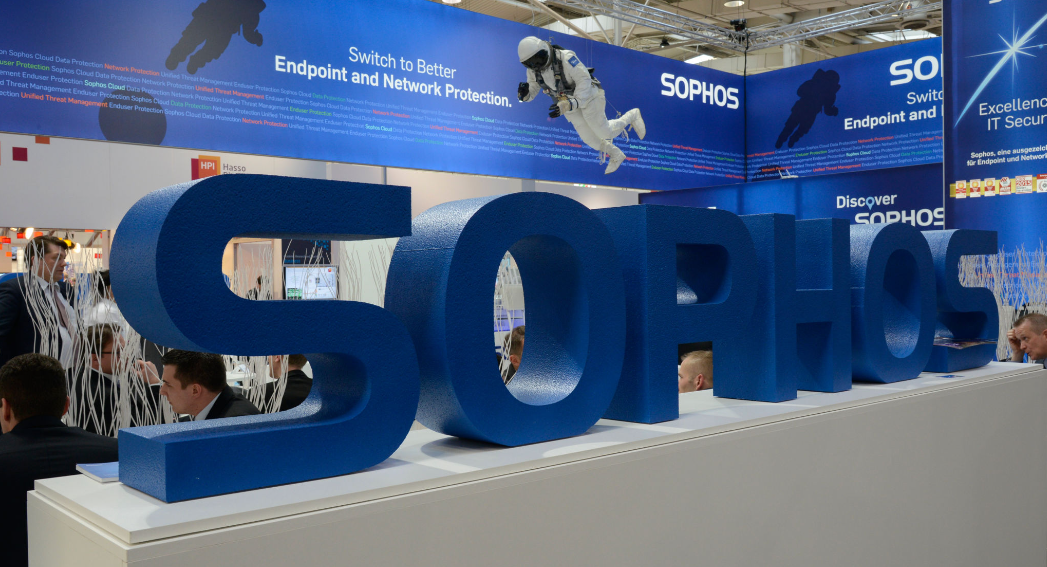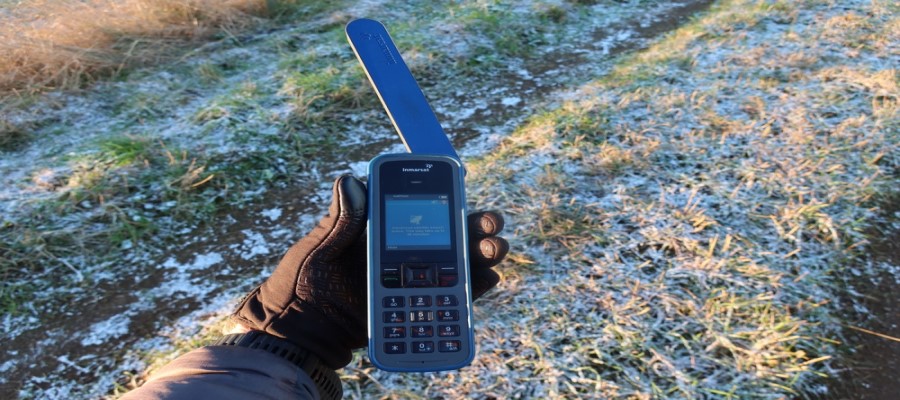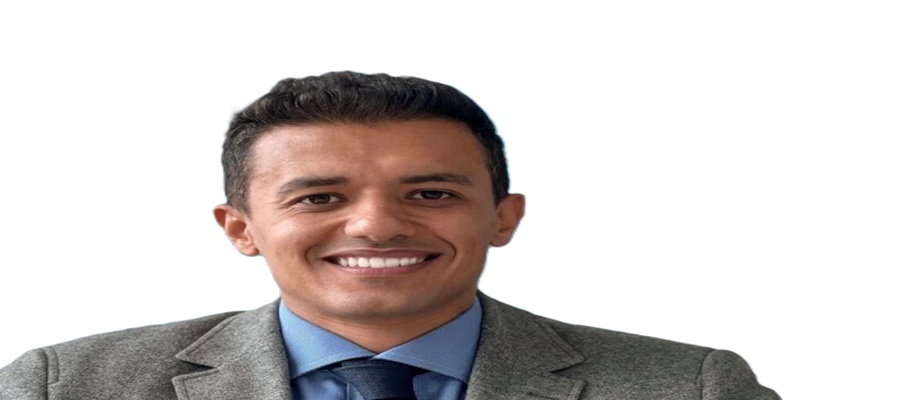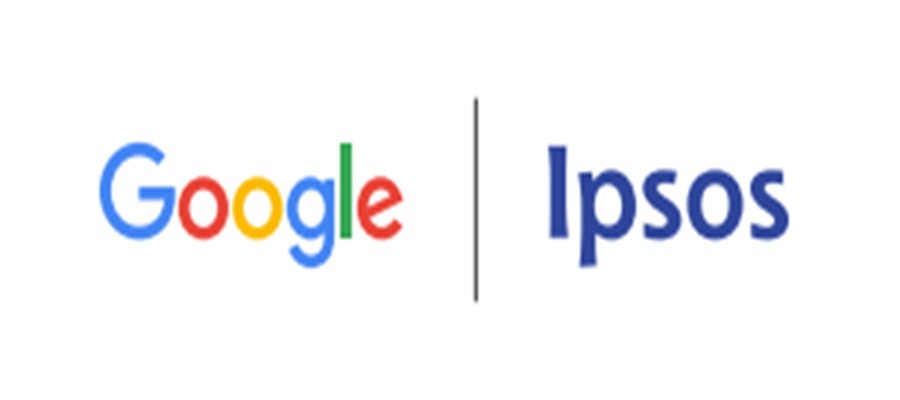Telecom
Sophos Investigates Two Active Cyberfraud Operations Cashing in on Crypto-Romance Cons

Sophos, a global leader in innovating and delivering cybersecurity as a service, on Monday released details of two expansive, still operational, pig butchering or sha zhu pan rings (elaborate and lengthy financial fraud scams that can cost victims thousands of dollars) that scammers are operating from Asia.

One of the rings, based in Hong Kong, involves a fake gold trading marketplace, while the other, based in Cambodia and with ties to Chinese organized crime, netted the scammers $500,000 in cryptocurrency in just one month.
In both schemes, the scammers targeted Sophos’ principal threat researcher, Sean Gallagher, directly via Twitter and text message, respectively, rather than dating apps, the traditional method used to find and target victims. Part one of a two-part series, “Fool’s Gold: Dissecting a Fake Gold Market Pig Butchering Scam,” released today, focuses on the inner workings of the ring based out of Hong Kong, which demonstrates how these scammers are upping their technical sophistication to lure in and con targets.
“For two years, we’ve been following and reporting on a subset of these pig butchering schemes called CryptoRom.
“This is a particular flavor of pig butchering that relies on romance-based lures with scammers approaching potential victims on dating apps and then asking them to invest in fraudulent crypto trading apps.
“But CryptoRom is really just the tip of the iceberg. Since the start of the pandemic, this type of cyberfraud has massively expanded.
“These scammers are now targeting people on all major social media platforms or even direct message, and they’re not limiting themselves to just exploiting crypto but also gold and other forms of currency or trading value. They’re quite literally going after the whole hog,” said Sean Gallagher, principal threat researcher, Sophos.
In the first scam Gallagher investigated, he spent three months interacting with one of the scammers after they approached him directly on Twitter.
The scammer posed as a 40-year-old woman from Hong Kong who quickly attempted to move the conversation to WhatsApp. From there, the scammer tried to convince Gallagher to invest in a fake gold trading marketplace, touting her connections with her “Uncle Martin”—supposedly a former Goldman Sachs analyst.
She then directed him to a site that copied the branding of a legitimate Japanese banking company called Mebuki Financial, where the foreign exchange and commodity trading services were to be conducted.
While the social engineering of this scam was less polished than other cases Sophos has investigated, it showed a marked increase in technical sophistication for these types of groups.
The scammers used an elaborate combination of highly effective SEO, polished scam pages to “register” new clients on their fake Mebuki website, and a pirated version of a legitimate trading app (MetaTrader 4) with additional malicious code to steal money from their victims. They are also actively updating their operation’s scam infrastructure to avoid being shut down.
“Both scam rings are still operational and will be difficult to shut down. While we marked the domains and IP addresses being used by the attackers in the Hong Kong ring as malicious, their scam operations have already shifted to new domains.
“They already have a new download infrastructure in place for their pirated version of the MetaTrader app, so, at this point, we’re essentially playing ‘whack-a-mole’.
“Unfortunately, that’s the reality as these operations become broader in scope, targeting more regions and across different platforms. The move from crypto to gold also shows how easily these groups can find a new niche to exploit.
“That means the best defense is public awareness of these types of scams. People should be wary of any SMS, dating app, or social media direct message from a stranger who strikes up a conversation and then suggests moving it to WhatsApp or Telegram—especially if they make claims about wealth obtained from crypto or other trading,” said Gallagher.
Telecom
Spacecoin Secures Licenses to Roll Out Satellite Connectivity in Nigeria, Kenya

Spacecoin, US-based, has announced the signing of recent agreements with local authorities and operators to launch satellite connectivity pilot projects in Africa.

The initiatives, focused on Kenya and Nigeria, aim to serve areas where terrestrial networks remain limited or unavailable.
n Kenya, Spacecoin has obtained a transmission license from the Communications Authority, allowing it to test satellite-based solutions for connectivity and Internet of Things (IoT) monitoring, particularly in rural and peri-urban areas with limited internet access.
According to the Kenyan regulator, internet penetration remains below 50% of the population, despite mobile penetration exceeding 130%.
In parallel, the company is continuing operations in Nigeria under an existing license issued by the Nigerian Communications Commission (NCC).
This authorization supports initiatives aimed at delivering affordable broadband connectivity to isolated and underserved communities.
Spacecoin’s approach is based on a decentralized satellite network using nanosatellites in low Earth orbit (LEO).
Combined with blockchain-based protocols, this architecture is intended to offer more flexible and cost-effective connectivity services than traditional networks, while also enabling the integration of IoT solutions for a range of uses, from smart agriculture to infrastructure monitoring.
These projects are part of a broader strategy to help narrow Africa’s digital divide, where a significant share of the population still lacks access to reliable internet services.
Satellite technology is increasingly viewed as a complement to terrestrial infrastructure, particularly in hard-to-reach areas where deployment costs and geographic constraints remain high.
Beyond Africa, Spacecoin is also running pilot projects in Asia, working with local partners to test the viability of its model across different regulatory and geographic environments.
According to the company’s management, growing interest from regulators reflects a shift toward solutions capable of reaching populations that have long been excluded from internet access.
Telecom
AVEVA Names Khaled Salah Vice President for Africa to Drive Growth

AVEVA, a global leader in industrial software, driving digital transformation and sustainability, today announces the appointment of Khaled Salah, 37 years old, as Vice President of Africa.

Khaled Salah
In this new role, he will be responsible for about 30 employees to ensure the successful implementation of AVEVA’s growth strategy. Khaled Salah will report directly to Jesus Hernandez, SVP of the EMEA region.
A 15-years + career across different industries and domains
With a MBA in management from the Warwick business school, UK, and a master’s degree in engineering from Ain Shams university in Egypt, Khaled Salah is an active advocate for driving sustainable progress in the industrial sector. With Sustainability in mind, Khaled is keen on making a positive business impact, while fostering progress for people and the planet.
He started his career at Schneider Electric, in 2013 in the global supply chain and evolved through various roles such as Europe procurement and supply chain strategy Manager, and Global Commercial strategy Director for the industrial automation business. Khaled Salah has developed a strategic understanding of all those fields.
After 12 years in Schneider Electric, Khaled joined AVEVA in 2022 to lead AVEVA and Schneider Electric global strategic partnership, across all industries managing a team of 30 people.
He has led the introduction of new AVEVA software solutions to initiate and develop significant growth areas across all Schneider Electric verticals.
Ambitious plans for AVEVA in Africa
In addition to his current role as AVEVA and Schneider Electric partnership Vice-President, Khaled now takes over the management of AVEVA’s activities in Africa.
Jesus Hernandez, SVP of the EMEA region says: “Africa is a strategic region for AVEVA. In this major industrial market, customers, world leaders in the fields of Energy, Metal & Mining, Chemicals, and Water, are looking for AVEVA’s expertise to accelerate and drive their digital transformation and sustainability strategies, as well as their energy transition projects.
“Khaled Salah’s qualities of leadership in a global environment will benefit his team spread across 12 countries including Algeria, Morocco, Egypt, Kenya, Nigeria, and South Africa.”
Motivated by the prospect of capitalizing on the talent of his team to strengthen AVEVA’s presence in Africa in the years to come, Khaled Salah says: “Helping my team realize their professional potential is close to my heart.
“We will work together to support and accelerate the digital transformation of industries in Africa, in particular through CONNECT, our industrial intelligence platform, with the support of our ecosystem of partners. »
Telecom
Google Report: Nigeria Leads Global AI Adoption in Learning, Entrepreneurship

A Google-Ipsos report reveals Nigerians topping global AI usage at 88%, surpassing the 62% worldwide average, with sharp rises in education and business applications.

“Our Life with AI: Helpfulness in the hands of more people” shows 93% of Nigerians using AI for learning complex topics versus 74% globally, 91% for work assistance, and 80% for new ventures—nearly double the 42% global rate.
Taiwo Kola-Ogunlade, Google’s West Africa Communications Manager, stated: “Nigerians are creatively using AI to unlock opportunities for learning, growth, and economic empowerment, shaping their future with technology.”
Key findings highlight 91% viewing AI positively for learning access, 95% expecting benefits for students and educators, and strong optimism—80% excited versus 20% concerned, compared to global 53%-46% split. Frequent users show 90% excitement

 E-Financial2 days ago
E-Financial2 days agoHere Are Nigerian Banks That Have Secured Their Licences

 Telecom2 days ago
Telecom2 days agoMTN CEO Toriola Hails Nigeria’s Telecom Transformation at MIPAD

 E-Financial2 days ago
E-Financial2 days agoZenith Bank Top Nigerian Bank Pick Ahead of GTCO, AccessCorp

 News2 days ago
News2 days agoICPC Charges Ozekhome with Forgery, Corruption Over London Property

 E-Financial2 days ago
E-Financial2 days agoNigeria Processed $92.1Bn Crypto Transactions in 12 Months — PwC

 E-Financial2 days ago
E-Financial2 days agoHow Crypto Criminals Stole $700m from People – often Using Age-Old Tricks

 Telecom2 days ago
Telecom2 days agoLebara Launches Agent Registration Portal

 E-Business2 days ago
E-Business2 days agoElon Musk Seeks $134Bn from OpenAI, Microsoft for ‘Wrongful Gains’


























